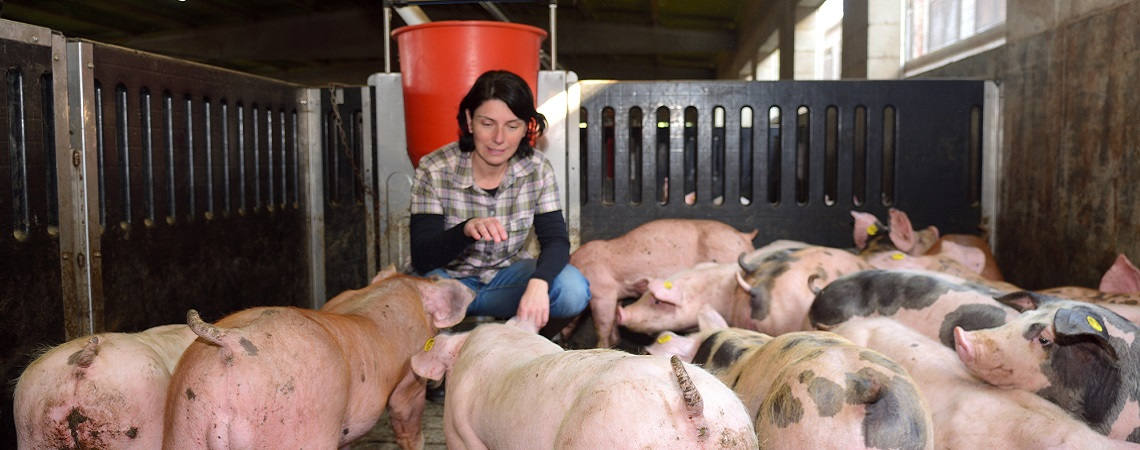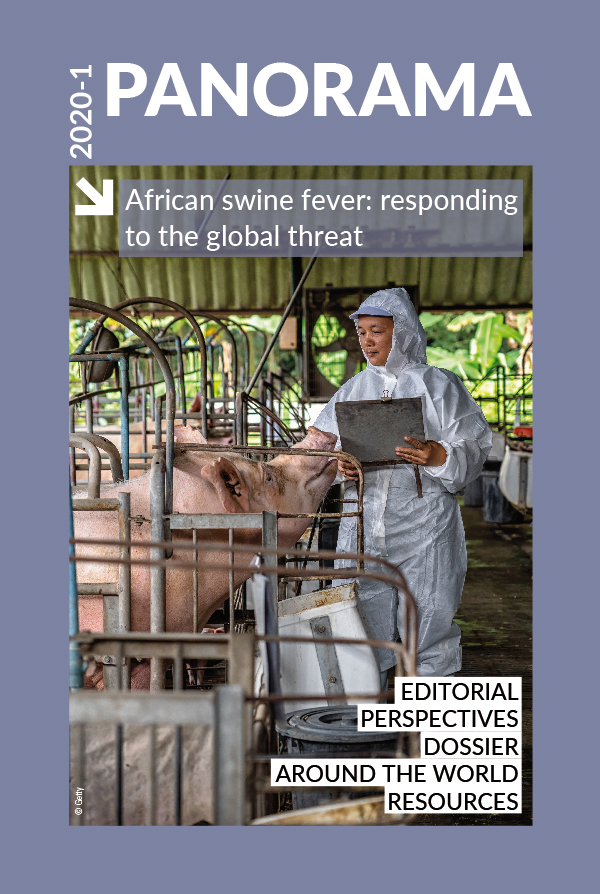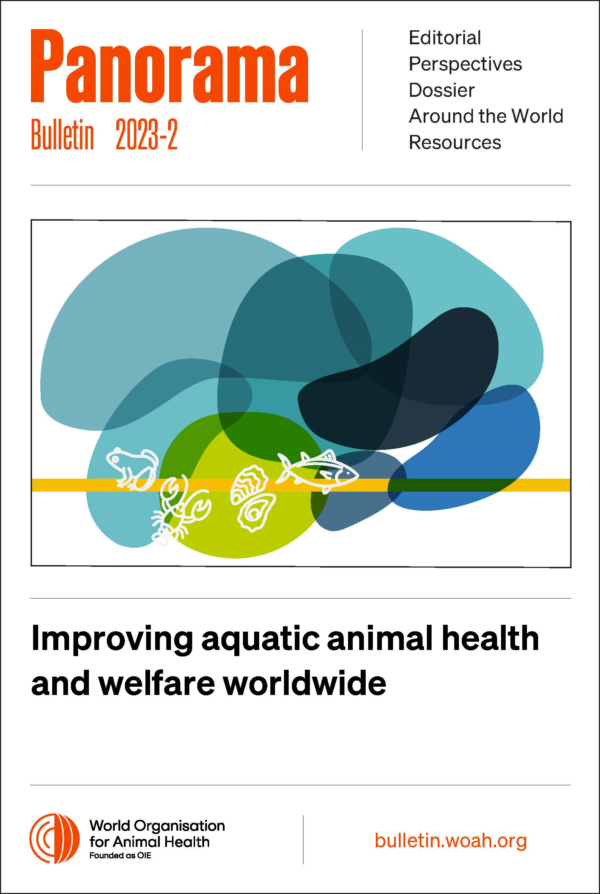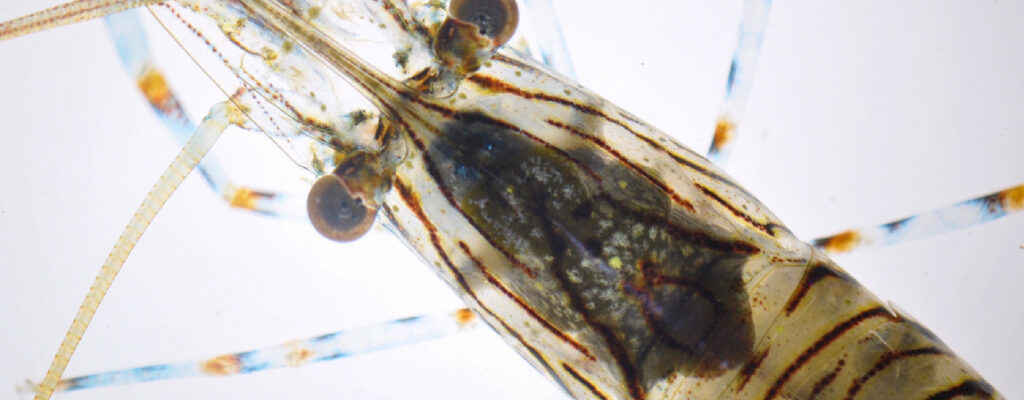Around the world Posted on 2020-07-06 15:41:32
Success stories
Role of swine interprofessional councils or organisations in efficient prevention and control of ASF
The public–private partnership policy in action
Keywords
Authors
Jacques Servière, Scientific adviser for the International Meat Secretariat (IMS).
The designations and denominations employed and the presentation of the material in this article do not imply the expression of any opinion whatsoever on the part of the OIE concerning the legal status of any country, territory, city or area or of its authorities, or concerning the delimitation of its frontiers and boundaries.
The views expressed in this article are solely the responsibility of the author(s). The mention of specific companies or products of manufacturers, whether or not these have been patented, does not imply that these have been endorsed or recommended by the OIE in preference to others of a similar nature that are not mentioned.
Public–private partnership
A public–private partnership (PPP) is a joint approach in which the public and private sectors agree on responsibilities and share resources and risks to achieve common objectives and deliver sustainable benefits. Under PPP, actions against the spread of ASF can be coordinated more efficiently between swine interprofessional organisations and the animal health authorities. A PPP policy can be adapted to improve biosecurity within zones and compartments. In addition, PPP contributes to rebuilding trust between trading partners. This requires all stakeholders to have awareness and knowledge of biosecurity measures and their own roles and responsibilities.
________________________________________
(1) See updated information regarding the ASF situation in Europe in the OIE World Animal Health Information System database.
http://dx.doi.org/10.20506/bull.2020.1.3133












